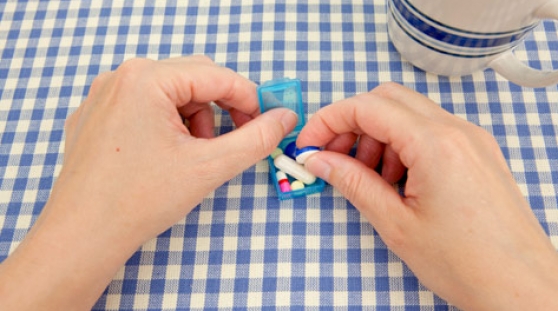COPD Health Center
Table of Contents

COPD has no cure yet. However, treatments and lifestyle changes can help you feel better, stay more active, and slow the progress of the disease.
Quitting smoking is the most important step you can take to treat COPD. Talk with your doctor about programs and products that can help you quit.
Many hospitals have programs that help people quit smoking, or hospital staff can refer you to a program. Ask your family members and friends to support you in your efforts to quit. Also, try to avoid secondhand smoke. (Secondhand smoke is smoke in the air from other people smoking.)
Other treatments for COPD may include medicines (bronchodilators and inhaled steroids), vaccines, pulmonary rehabilitation, oxygen therapy, and surgery. Your doctor also may recommend tips for managing COPD complications.
Medications
- Bronchodilators. These medications relax the muscles around your airways. This helps open your airways and makes breathing easier. Depending on the severity of your COPD, your doctor may prescribe short-acting or long-acting bronchodilators. Short-acting bronchodilators last about 4–6 hours and should be used only when needed. Long-acting bronchodilators last about 12 hours or more and are used every day.
- Inhaled glucocorticoid steroids. Doctors use inhaled steroids to treat people whose COPD symptoms flare up or worsen. These medicines help reduce airway inflammation. Your doctor may ask you to try inhaled steroids for a trial period of 6 weeks to 3 months to see whether the medicine helps relieve your breathing problems.
The goals of COPD treatment include:
- relieving your symptoms
- slowing the progress of the disease
- improving your exercise tolerance (your ability to stay active)
- preventing and treating complications
- improving your overall health
